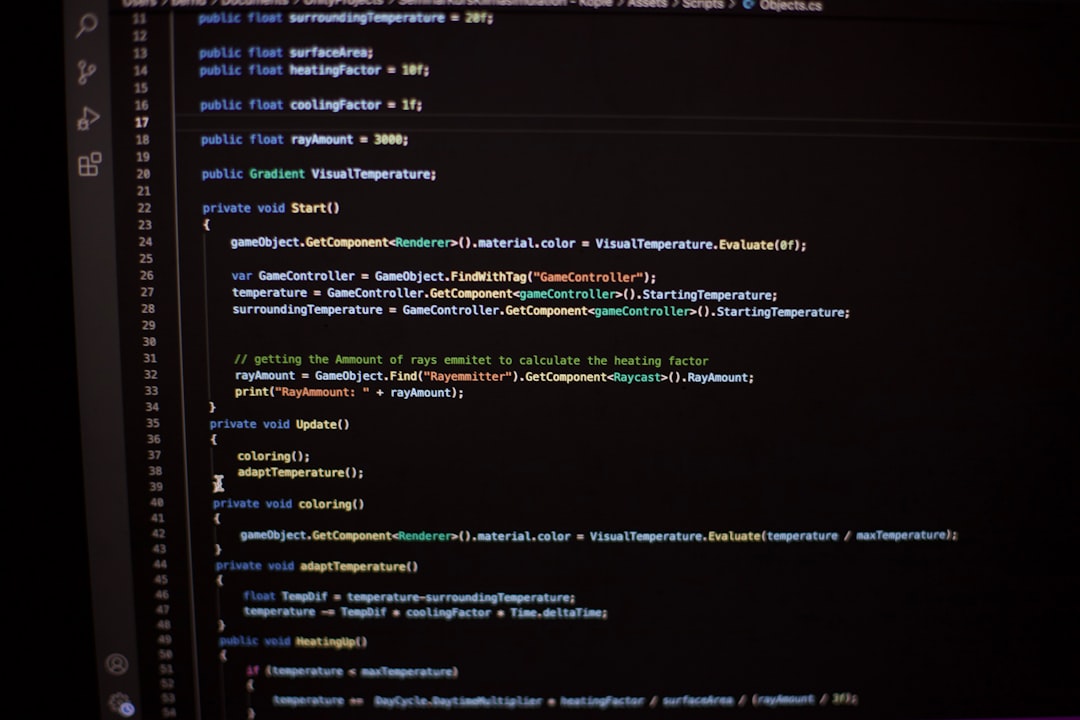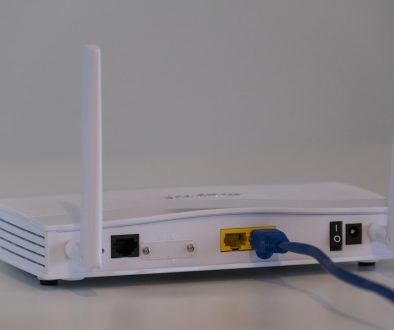Are MacBooks worth it in 2025?
In recent years, Apple has made significant strides with its MacBook lineup, implementing custom silicon, streamlining hardware design, and investing heavily in ecosystem integration. As we move through 2025, the question many potential buyers face is: Are MacBooks still worth the investment? With a premium price tag and stiff competition from Windows-based laptops, this is a topic that deserves a closer and honest look.
The Apple Silicon Advantage
One of the defining shifts for the MacBook range was Apple’s transition from Intel chips to their own line of ARM-based processors, starting with the M1 in 2020. By 2025, we are well into the era of the M3 and M3 Pro (and even the rumored M3 Ultra for high-end machines). This change is not just marketing gloss—it has tangible performance, energy efficiency, and battery life benefits.
MacBooks powered by Apple Silicon exhibit:
- Exceptional battery life – MacBook Air models can last up to 18 hours on a single charge.
- Minimal heat and noise – The fanless design in some models leads to silent operation and less thermal throttling.
- Outstanding performance-per-watt – Even the entry-level M3 chip outperforms many mid-tier Intel and AMD laptop chips.
In real-world tasks—such as video editing, graphic design, software development, and day-to-day productivity—MacBooks remain highly competent machines. For creative professionals using tools like Final Cut Pro, Logic Pro, and Adobe Creative Cloud, MacBooks offer significant workflow improvements and integration advantages.
Build Quality and Design
Apple maintains its reputation for top-tier build quality. The MacBook chassis is carved from recycled aluminum, giving it a sleek, minimalistic, and sturdy appearance. The Liquid Retina displays now feature a wider color gamut, ProMotion (120Hz refresh rate) in some models, and better brightness and contrast metrics than ever before.
The keyboard and trackpad experience on MacBooks remain among the best in the laptop market. Apple’s re-engineered Magic Keyboard is tactile, quiet, and durable, and the Force Touch trackpad provides excellent precision and haptic feedback. These are not trivial advantages—input systems significantly affect how a laptop feels to use every day.
Software Ecosystem and macOS
macOS Sonoma, the latest release of Apple’s desktop operating system, continues to poll high user satisfaction scores. Known for its stability, consistency, and increasing convergence with iOS and iPadOS, it integrates into the Apple ecosystem more seamlessly than ever before.
MacBooks now support features like:
- Universal Control – Control your iPad and MacBook with a single keyboard and mouse.
- Handoff and Continuity – Start a document on your iPhone and finish it on your MacBook.
- iCloud enhancements – Improved synchronization of files, messages, and even clipboard content.
For users invested in the Apple environment—owning an iPhone, iPad, or even Apple Watch—the MacBook becomes not just a laptop but an integrated extension of all their devices. That synergy is difficult to replicate using Windows or Chrome OS alternatives.
Price vs. Performance: Is It Justified?
While MacBooks excel in performance and design, there’s no getting around their price point. In 2025, a base MacBook Air M3 starts at around $1,099, while a fully-specced MacBook Pro 16-inch M3 Max version can run over $3,000.
So, the natural question is: Is the performance gain worth the investment?
Here’s a brief comparison with Windows alternatives:
- Lenovo Yoga 9i – Offers competitive build quality, a great OLED screen, and decent performance for around $1,300. But battery life and software integration lag behind the MacBook Air.
- Dell XPS 15 – A strong rival in the creative space with powerful specs, but fans are noisier, and it’s significantly heavier.
- Microsoft Surface Laptop Studio 2 – Innovative design and pen support but less refined OS for sustained creative workflows.
Many buyers justify the MacBook price due to its long-term value. MacBooks tend to have a longer usable lifespan, higher resale values, and fewer software compatibility issues in the Apple ecosystem. Over 4–6 years of daily use, the higher upfront cost can amortize to represent good value for money—particularly for professionals.
Who Should and Shouldn’t Buy a MacBook in 2025?
MacBooks are not for everyone. Despite all their strengths, they serve better in specific use cases.
Ideal buyers include:
- Creative professionals relying on high-end apps optimized for macOS.
- Mobile workers who value battery longevity, portability, and stability.
- Students and academics deeply invested in Apple’s ecosystem.
- Developers building apps for iOS or macOS.
However, MacBooks may not be ideal for:
- Gamers – MacBooks still do not support many mainstream PC games. Although improvements in game porting toolkits have helped, Windows remains the dominant gaming OS.
- Users heavily reliant on niche Windows-only software – Industry-specific applications in engineering, architecture, or 3D modeling may have limited macOS support.
- Budget-sensitive buyers – There are very functional Windows laptops under $800, which offer good enough performance for basic tasks like web browsing, document editing, and video streaming.

MacBook Models in 2025: What Are Your Options?
Apple continues to refine and expand its lineup, which as of 2025 includes:
- MacBook Air M3 (13-inch and 15-inch) – Lightweight, ultra-portable, fanless design. Excellent for students and everyday users.
- MacBook Pro 14-inch (M3 Pro) – A balanced power machine with better display, ports, and cooling system. Great for professionals who need performance and portability.
- MacBook Pro 16-inch (M3 Max) – A true powerhouse laptop, intended for demanding workloads like 3D rendering, video post-production, and advanced code compilation.
The choice depends entirely on your workflow, preference for screen size, and budget. Apple’s segmentation this year is more rationalized than ever, offering clear advantages across tiers without too much overlap.
Final Verdict: Are MacBooks Worth It in 2025?
Yes—for many users, especially professionals and those looking for a long-lasting, reliable machine—MacBooks are absolutely worth it in 2025. The support for Apple silicon has matured, macOS continues to excel in seamless integration, and Apple’s designs remain top of class.
However, your mileage may vary. If you’re a gamer, or on a tight budget, or require frequent compatibility with Windows-exclusive tools, a MacBook might not be the best use of your resources.
Ultimately, it’s not just about what you pay—it’s about what you get over time. And when it comes to longevity, user experience, and software-hardware synergy, MacBooks continue to deliver exceptional value despite their high sticker price.
Recommendation: Evaluate what matters most to you—battery life, build quality, lifecycle value, or specific functionalities. If these align with what MacBooks offer, then the investment is likely a wise one.
- Favourite 6 AI Image Editing Tools Creators Use to Remove Backgrounds and Retouch Instantly - December 31, 2025
- ShotSpotter Locations: Surveillance Technology - December 30, 2025
- Pokémon UNITE Error Code 2102 Explained & Fixed - December 28, 2025
Where Should We Send
Your WordPress Deals & Discounts?
Subscribe to Our Newsletter and Get Your First Deal Delivered Instant to Your Email Inbox.



